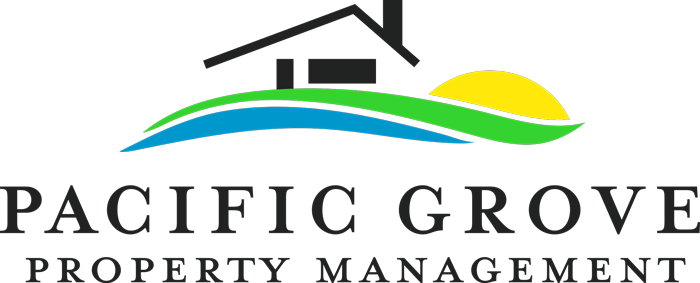May 2024 Blog
May 2024 Newsletter
Why do we require to be listed as additionally insured on your homeowners insurance policy?
- Liability Protection: By listing the property management company as additionally insured, you extend liability coverage to them. This means that if the property management company is named in a lawsuit related to your rental property, your insurance policy can provide coverage for their legal defense and any damages awarded.
- Contractual Requirements: Many property management agreements require landlords to add the property management company as additionally insured on their insurance policies. Doing so ensures compliance with the terms of your agreement and helps maintain a good relationship with your property management company.
- Risk Management: Including the property management company on your insurance policy can help mitigate risks associated with property management activities. Since property managers often interact with tenants, handle maintenance issues, and oversee property operations, they may face liability risks. Having them listed as additionally insured can provide an extra layer of protection for their activities related to your rental property.
- Peace of Mind: Knowing that your property management company is covered under your insurance policy can provide peace of mind. You can feel confident that both you and your property management company are protected in the event of an unforeseen incident or lawsuit.
- Streamlined Claims Process: If a covered incident occurs that involves both you and your property management company, having them listed as additionally insured can streamline the claims process. It ensures that all parties involved can access the necessary insurance coverage without complications or delays.
Review Us!
As part of our ongoing efforts to improve our communication and engagement with you, we would like to kindly request that you consider liking and following our social media pages [Facebook, Instagram, LinkedIn] to stay updated on news, community events, and helpful tips related to property management. Additionally, if you have had a positive experience with our company, we would greatly appreciate it if you could take a moment to share your thoughts by writing a review about us on Google. Your feedback is invaluable to us and helps us continue to serve you better. Thank you for your continued trust and support.
What is an Estoppel Certificate, and why you need to know what it is?
In property management in California, an estoppel certificate is a legal document used in real estate transactions, particularly in the context of leases. It’s typically provided by a tenant to a potential buyer or lender of a property. The purpose of an estoppel certificate is to confirm the current status of the lease agreement between the tenant and the landlord or property owner.
Here’s how it works:
- Confirmation of Lease Terms: The estoppel certificate outlines key details of the lease agreement, such as the duration of the lease, the rental amount, any specific terms or conditions, and any other relevant provisions.
- Verification of Tenant’s Rights: By signing the estoppel certificate, the tenant confirms the existence of the lease and acknowledges its terms. This helps prevent disputes or misunderstandings between the buyer or lender and the tenant regarding the lease agreement.
- Protection for All Parties: The estoppel certificate protects both the tenant and the new owner or lender. For the tenant, it ensures that their rights under the existing lease will be honored by the new owner or lender. For the new owner or lender, it provides assurance about the current status of the lease and any obligations associated with it.
- Legal Implications: Once the tenant signs the estoppel certificate, they are typically bound by its representations. This means that they cannot later claim that the lease terms are different from what was stated in the certificate, unless there are fraudulent misrepresentations or other exceptional circumstances.
